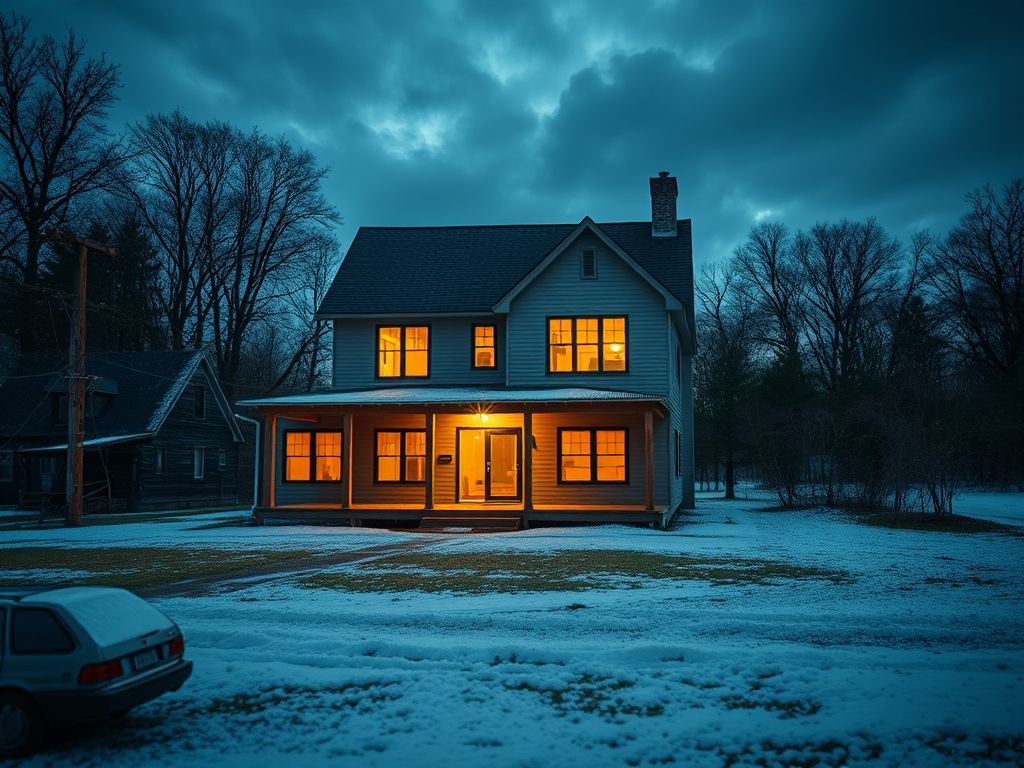What is Building Codes?
Building codes are a set of regulations that govern the design, construction, alteration, and maintenance of structures. They ensure safety, health, and welfare standards for the occupants and the general public. Specifically in Massachusetts, building codes are critical for homeowners, real estate investors, and professional contractors who wish to ensure that their projects comply with local laws.
The Importance of Building Codes in Massachusetts
In Massachusetts, building codes play a pivotal role in safeguarding the integrity of structures. They are developed in response to historical incidents of construction failures, natural disasters, and evolving safety standards. The Massachusetts State Building Code (780 CMR) provides detailed guidelines on various aspects of construction, including:
- Structural integrity
- Fire safety
- Energy efficiency
- Accessibility
Understanding and adhering to these codes helps prevent accidents and ensures that buildings are safe for use.
Key Components of Building Codes
Building codes consist of several key components that address different aspects of construction:
- Structural Requirements: These establish the necessary strength and stability of a building. They include specifications for materials, load-bearing calculations, and seismic considerations.
- Fire Safety Regulations: These codes dictate the use of fire-resistant materials, proper egress (exiting) routes, and installation of fire alarms and sprinklers to enhance occupant safety.
- Energy Efficiency Standards: In an effort to promote sustainability, building codes in Massachusetts require energy-efficient designs that reduce consumption and lower utility costs.
- Accessibility Guidelines: Compliance with the Americans with Disabilities Act (ADA) ensures that buildings are accessible to individuals with disabilities.
How Building Codes Affect Homeowners and Contractors
Homeowners and contractors must understand how building codes impact their projects:
- Permitting Process: Before any construction begins, homeowners must obtain permits that confirm compliance with local building codes. This process often involves inspections to verify adherence to regulations.
- Renovation Projects: For any home renovation, such as adding a room or updating electrical systems, familiarity with building codes ensures that the work is safe and legal.
- Insurance Considerations: Non-compliance with building codes can lead to insurance issues. If a home is damaged and found to be in violation of codes, insurance claims may be denied.
Practical Applications of Building Codes
Understanding how to apply building codes in real-life scenarios can be invaluable for homeowners and contractors:
- New Construction: When building a new home in Boston, contractors must reference the Massachusetts State Building Code to ensure compliance with local regulations.
- Renovating Older Homes: Homeowners in Worcester looking to renovate should check existing codes to ensure that their updates meet current safety standards.
- Commercial Projects: Real estate investors planning to develop commercial properties must adhere to stricter codes that govern public safety and accessibility.
Related Concepts in Building Codes
Building codes are interconnected with several other important concepts in construction:
- Zoning Laws: These regulations dictate how land can be used and what types of buildings can be constructed in certain areas.
- Building Permits: Required for most construction projects, these permits ensure that all work complies with local codes before, during, and after construction.
- Inspections: Regular inspections are mandated to verify that construction meets all applicable codes and regulations.
Conclusion: The Practical Importance of Building Codes
Building codes are essential for ensuring safe and compliant construction in Massachusetts. Whether you’re a homeowner planning a renovation, a contractor managing a project, or a real estate investor looking to develop property, understanding these codes not only protects your investment but also enhances the safety and welfare of the community. By embracing the principles of building codes, you can confidently navigate the complexities of construction and renovation.
Call to Action
As you embark on your construction or renovation journey, take the time to familiarize yourself with Massachusetts building codes. Consult with local authorities or construction professionals to ensure your project is compliant and safe. Your investment deserves the best!







